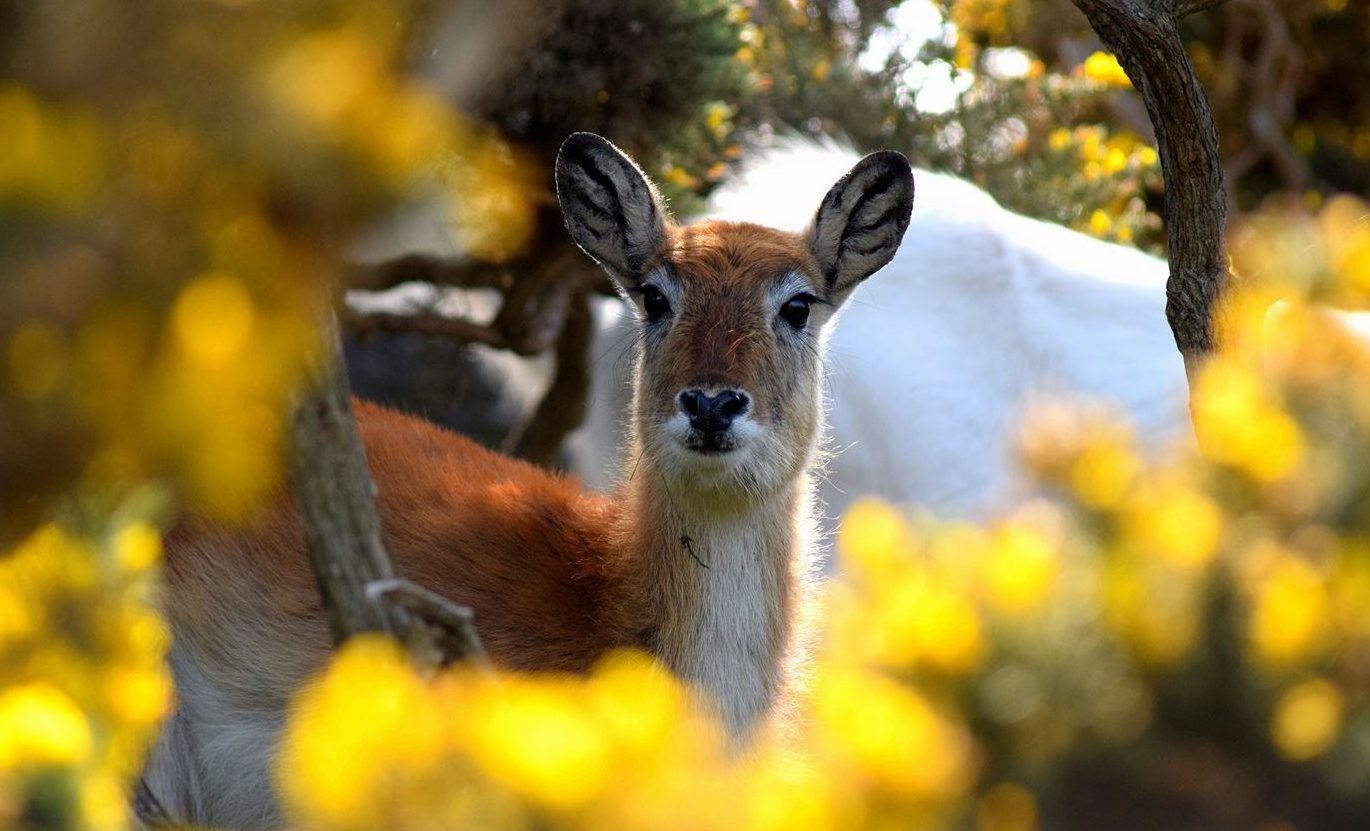As people binged on ‘Tiger King’, a small zoo in Wales faced their own drama of big cats, animal escapes and deaths. What happens when one of Britain’s most troubled zoos goes into lockdown?
The tree in Lilleth’s enclosure hadn’t been cut back. Extending her sharp retractable claws, she climbed to the end of the longest, most delicate branches and made a giant leap for freedom.
Borth Wild Animal Kingdom made headlines in 2017 after their lynx escaped from her enclosure and was later shot dead by a marksman in a caravan park. A few days later it emerged that a second lynx had been strangled at the zoo in a “handling error”.
At that stage Tracy and Dean Tweedy, who had no prior zoo experience or qualifications, had owned the collection of animals in mid Wales for less than six months. Three years in and the lockdown is offering little respite. Like most UK zoos, Borth relies on ticket sales to pay for the huge operating costs of maintaining its animals.
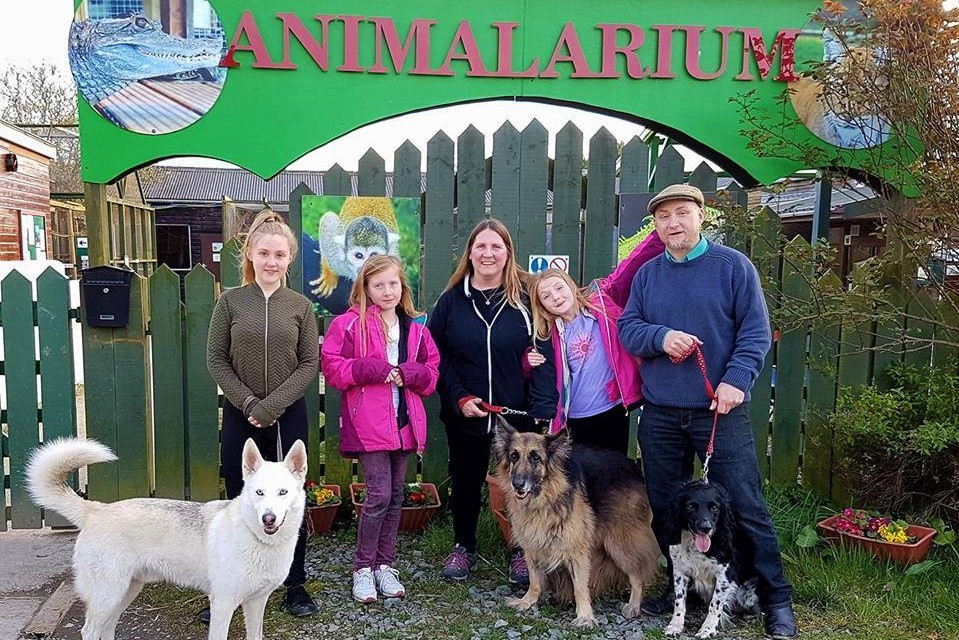
“We were in quite serious financial problems before this whole COVID thing,” said Tracy who is running the zoo on the couple’s personal income. “The animals and the staff come first, so things like utility bills don’t get paid and nothing else gets paid basically.”
The Tweedys have gone through this before. The zoo was closed for nearly six months in the aftermath of the lynx escape for improvements to be made. That however cost the Tweedys a five-bedroom house in Kent and they don’t have any more properties to sell.
Lockdown begins
The first week of lockdown proved to be anything but quiet. A day after they closed the Guardian revealed that one in five animals died at the zoo in 2018 when a Council document was made public, throwing fresh scrutiny on the Tweedys.
The 57 deaths included a variety of species from short lived stick insects to much longer-lived tortoises. There were also monkeys, birds and an old leopard named Raja – once Borth’s star attraction.
The document was obtained by animal rights group Freedom for Animals which campaigns for the abolition of zoos. Members say the deaths “clearly point to mistreatment of the animals”.
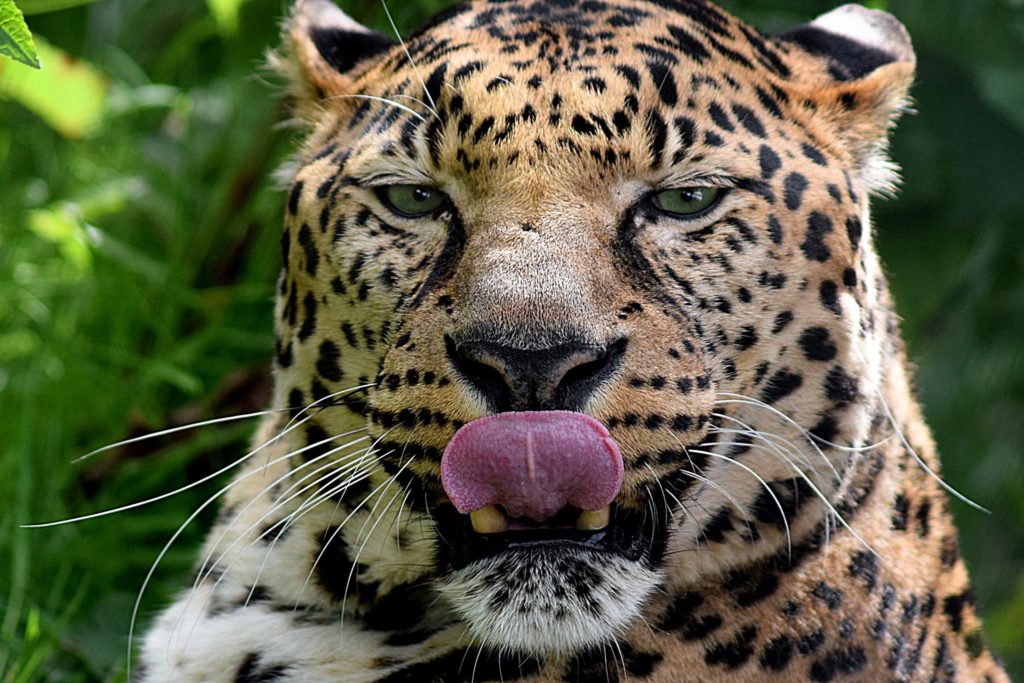
“Too many animals have died, too many animals have continued to suffer there,” said their Director, Sam Threadgill, who blames the owners. “They didn’t have any training or qualifications in zookeeping at all and for some reason thought it was a good idea to buy this zoo and to care for these animals which was extremely misguided.”
Tracy once again stepped up to defend herself. Aside from the animals she said were old and died of natural causes, she blamed many of the problems on their then “crisis manager”, Mark Anthony.
Mr Anthony arrived at the zoo following the lynx escape and worked voluntarily for several months. After leaving, accusations were launched back and forth between himself and the Tweedys over a number of animal deaths.
Prior to Mr Anthony’s arrival, the zoo was operating without an experienced manager. In fact, the last person to hold such a position was Joe Wood, who had left some 18 months before the Tweedys even bought it.
Council documents, seen by the author, state Mr Wood was implementing a progression plan under the previous owners in 2015, with the support of the Licensing Authority. The zoo is stated to have undergone ‘significant developments’ during this period in which Mr Wood also tried to put greater emphasis on the conservation of wild species.
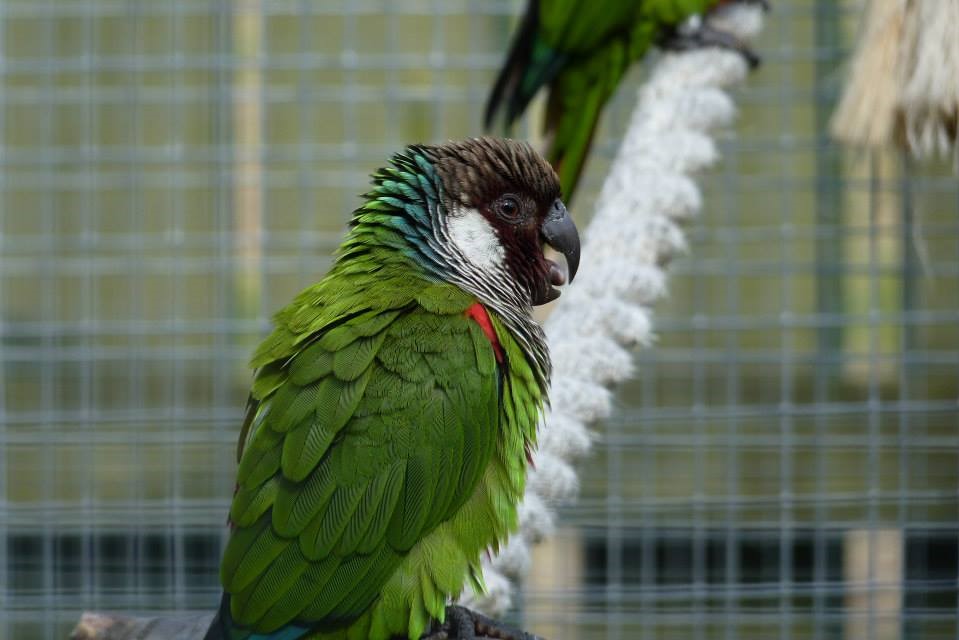
“We played a role in setting up the grey breasted parakeet breeding program, that was in collaboration with Chester Zoo,” said Mr Wood, who successfully bred the endangered birds. “A lot of the stuff that I was doing was all about capacity building, getting us to the point where we could be more actively involved, of course once I left it all fell apart.”
The female parakeet and four of her offspring were among the animals to perish in 2018. Mr Wood, now a Conservation Biologist, believes that zoos need tighter regulation. “Situations like you’ve currently got in Borth just shouldn’t be allowed to happen, it shouldn’t be able to get to that point,” he said.
Ceredigion Council is unable to comment on the events at Borth as it is subject to legal proceedings. One man who can offer considerable insight into the licensing process though is Dr Jonathan Cracknell. Dr Cracknell is an experienced zoo inspector and vet who worked with the Licensing Authority and Borth Wild Animal Kingdom after the lynx escape. He also sits on the Zoos Expert Committee, which provides the Government with independent, technical advice on zoo matters.
“The challenge with the license is that animals dying doesn’t have to be a problem. It’s about looking at how they die or why they die,” said Dr Cracknell, who says that without evidence, it’s actually very difficult to prove whether an animal dies of neglect or incompetence but confirms many of the animals in Borth were old.
He describes the inspections at Borth as “hugely robust” but explains that the interpretation of the Zoo Licensing Act has been in flux and at the time was a lengthy process, extended by appeals and complicated by Wales and England operating to different sets of zoo standards.
Borth Wild Animal Kingdom was allowed to remain open provided they met a number of conditions. “My average number of conditions and I’m quite hard used to be 12 to 14,” said Dr Cracknell, Borth Wild Animal Kingdom were issued with more than 100. “No other zoo has had that many,” he said. Having started or strived to meet many of them, the zoo license was renewed in 2019 for a further six years.
Changes have now been made to how the Zoo Licensing Act is interpreted, shortening the time a failing zoo can be closed in. Dr Cracknell makes it clear that having a zoo license “doesn’t make you a good zoo”, it simply shows whether you are operating within the law or not.
In January 2020 the Tweedys were found to be operating outside of their zoo license by failing to meet adequate firearms requirements. Ceredigion Council directed them to close the enclosures of their most dangerous animals, known as Category 1 animals, in case they escaped.
Allowing one of their keepers to move to another zoo left their firearms team one person short. With Tracy’s firearms training already complete and applications seemingly on the way, they voluntarily closed the zoo and waited.
“To our dismay, we were informed after two weeks that Tracy’s application for a licence had been refused, along with my own application and that of my son’s. The reason being that we refused to shoot a 10-month-old lynx kitten last time one escaped in 2017,” said Dean in a Facebook post, referring to Lilleth.
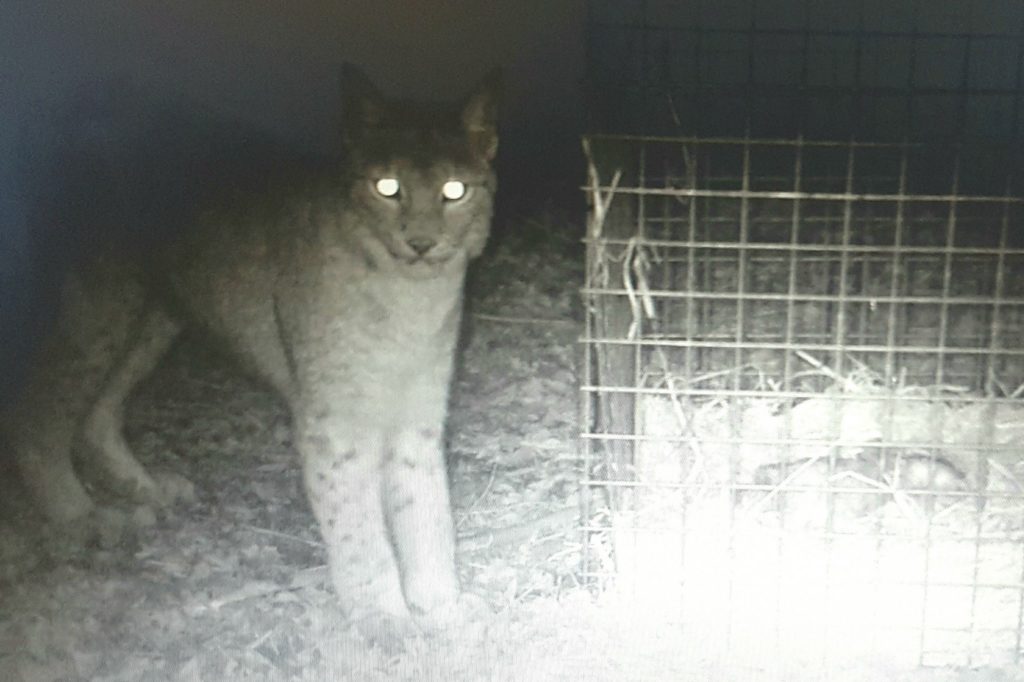
The Tweedys will need to win two separate upcoming Court appeals to save their zoo. They are confident they will, in part because of some new staff members. Earlier this year their long hunt for an experienced, permanent manager finally came to an end.
The new Manager and Assistant Manager are said to have brought 37 years of zoo industry experience and are working from a progression plan, like Joe Wood. Tracy said she had been “naive” on staffing matters in the past but believes their current team will move them forward.
“It’s been really hard but the improvements we’ve made to the animals lives make it worthwhile”
Tracy Tweedy
Unfortunately for the Tweedys there was more lockdown drama to come as two days after the animal deaths became public, and three days after they entered lockdown, there was another animal escape.
This time three lechwe antelopes leapt over the fence of their enclosure after being spooked during a morning feed. Lechwe are chestnut coloured herbivores native to Africa. However, their male, due to the length of his horns is included as a category 1 dangerous wild animal – from one of the very animal enclosures they were ordered to close.
In a statement the Council said: “This is extremely disappointing news for the local authority who have issued a number of closure notices on the zoo, as the Local Authority has lost confidence in the ability of the zoo to operate responsibly and safely.”
Unlike the lynx escape which began all of their troubles three years ago, this time, the staff were able to safely capture and return the animals to their enclosures. While Tracy says it “couldn’t have come probably at a worse time”, she feels they are learning and is determined not to give up.
“It’s been really hard but the improvements we’ve made to the animals lives make it worthwhile,” said Tracy. “Our plan is to actually liquidate the company, set up a new company and then turn that into a charity because realistically that’s what we do.”
